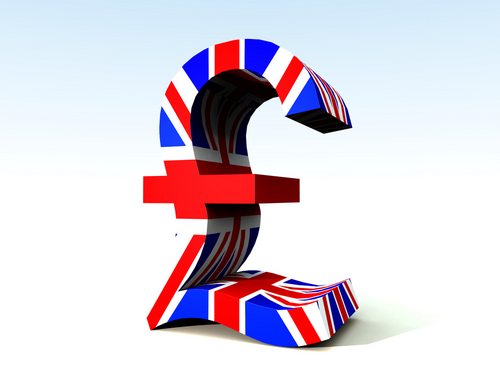Is Bankruptcy the Right Choice for You?
Sommaire
Bankruptcy is a serious financial decision, and it's important to weigh the pros and cons carefully before making a decision. If you're considering bankruptcy, here are some things you should consider:
- What are your debts? How much do you owe, and to whom?
- What are your assets? What do you own that could be liquidated to pay your debts?
- What is your income? How much money do you bring in each month?
- What are your expenses? How much money do you spend each month?
- What are your goals? What do you want to achieve in the future?
Once you've considered these factors, you can start to weigh the pros and cons of bankruptcy. Here are some of the benefits of bankruptcy:
- It can help you get out of debt. If you're struggling to make your monthly payments, bankruptcy can provide a fresh start. Your debts will be discharged, and you can start rebuilding your credit.
- It can protect your assets. If you have valuable assets, bankruptcy can help you protect them from creditors. Your home, car, and other personal property may be exempt from liquidation.
- It can give you peace of mind. If you're constantly worrying about your debts, bankruptcy can provide a sense of relief. You can finally put your financial problems behind you and move on with your life.
Of course, bankruptcy also has some drawbacks. Here are some of the things to consider:
- It will damage your credit. Bankruptcy will stay on your credit report for 7-10 years, which can make it difficult to get loans or credit cards in the future.
- It can cost money. Filing for bankruptcy can be expensive, and you may have to pay filing fees, attorney fees, and other costs.
- It can be time-consuming. The bankruptcy process can take several months to complete.
Ultimately, the decision of whether or not to file for bankruptcy is a personal one. You need to weigh the pros and cons carefully and make the decision that's best for you.
If you're still not sure whether bankruptcy is right for you, here are some resources that can help:
- The American Bankruptcy Institute
- The National Association of Consumer Bankruptcy Attorneys
- The U.S. Trustee Program
H2: What is Bankruptcy?
Bankruptcy is a legal process that allows individuals and businesses to get a fresh start by discharging their debts. When you file for bankruptcy, your debts are either discharged (forgiven) or restructured so that you can repay them over time.
There are two main types of bankruptcy: Chapter 7 and Chapter 13. Chapter 7 bankruptcy is a liquidation bankruptcy, which means that your assets are sold to pay your debts. Chapter 13 bankruptcy is a reorganization bankruptcy, which means that you create a repayment plan to pay back your debts over time.
H2: Who Can File for Bankruptcy?
Anyone can file for bankruptcy, but there are some eligibility requirements. You must be a U.S. citizen or resident, and you must have lived in the United States for at least 180 days. You must also have debts that are more than $10,000.
H2: What are the Benefits of Bankruptcy?
There are many benefits to filing for bankruptcy, including:
- It can help you get out of debt. If you're struggling to make your monthly payments, bankruptcy can provide a fresh start. Your debts will be discharged, and you can start rebuilding your credit.
- It can protect your assets. If you have valuable assets, bankruptcy can help you protect them from creditors. Your home, car, and other personal property may be exempt from liquidation.
- It can give you peace of mind. If you're constantly worrying about your debts, bankruptcy can provide a sense of relief. You can finally put your financial problems behind you and move on with your life.
H2: What are the Drawbacks of Bankruptcy?
There are also some drawbacks to filing for bankruptcy, including:
- It will damage your credit. Bankruptcy will stay on your credit report for 7-10 years, which can make it difficult to get loans or credit cards in the future.
- It can cost money. Filing for bankruptcy can be expensive, and you may have to pay filing fees, attorney fees, and other costs.
Memorandum:

